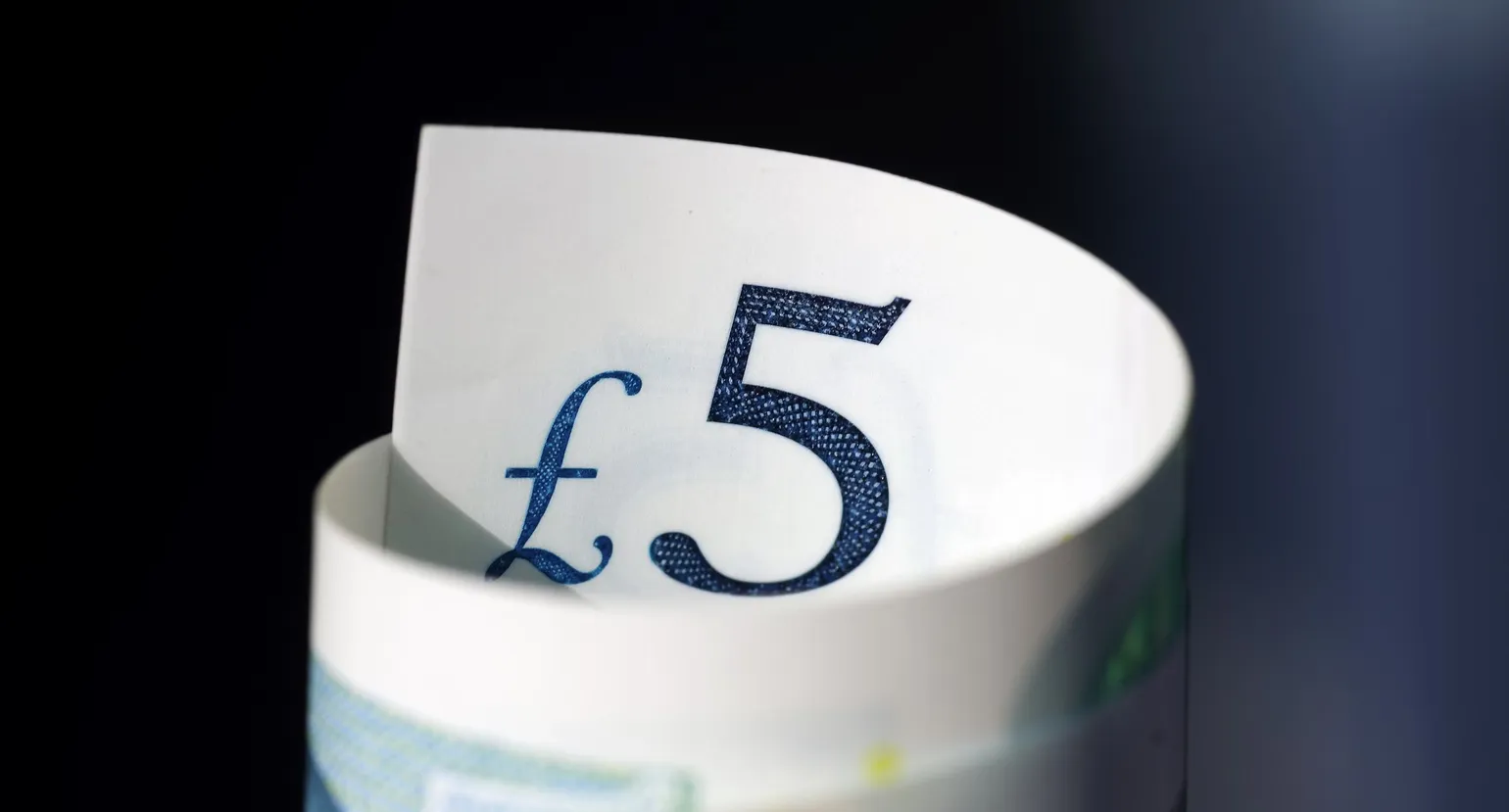What does upfront cost for phone contracts mean?

- The upfront cost is the initial amount you pay when signing up for a phone contract
- Think of the upfront cost as a deposit for your phone
- It’s the first payment you’ll make, before the first monthly bill
- Not all phone contracts have an upfront cost. Some come with a £0 upfront cost, also known as a free phone
- Generally, the lower the upfront cost, the higher the total cost of ownership will be in the long run, with more expensive monthly payments
- However, choosing a phone contract with a low upfront helps to spread the cost, and is ideal for those who can’t afford to pay a large amount in one go
- There are more stringent credit score checks for phone contracts with a low upfront cost, as it increases the network's financial risk. As a result, the approval rate is considerably lower
- Some networks allow you to choose the exact amount you want to pay upfront, affecting the monthly payment and total cost
If it’s your first time looking for a phone contract, you may come across a few unfamiliar terms that seem confusing and off-putting, at least within the context of phone contracts.
One term we get a lot of emails about is the upfront cost. We've noticed lot of people seem to overthink what the upfront cost is, but it’s actually quite literal and straightforward: it’s the initial amount you pay when first taking out a phone contract.
In other words, it’s a deposit. It’s the first payment you’ll make as soon as you’re approved for a phone contract, before the first monthly payment at the end of the first month.
For example, let’s say you’re looking to take out an iPhone 15 contract for 24 months, with a £100 upfront cost at £40 per month. As soon as you take out the phone contract, you’ll need to pay the £100 upfront cost. This is the first and only time you’ll need to pay the £100 upfront cost. The first monthly payment of £40 will be taken at the end of the first month (30 days) of your contract, followed by recurring monthly payments of £40 until the 24th month, when your contract ends.
Some phone contracts come with a £0 upfront cost. If you’ve ever been stopped by a salesperson from a mobile network as you’re walking down the high street, and they offer you a “free phone”, this is likely what they’re referring to.
As a general guideline, the cheaper the upfront cost of the phone, the more expensive the monthly cost will be.
On the other hand, the more expensive the upfront cost, the cheaper the monthly cost will be.
In addition, the less you pay for the upfront cost, the more the total cost of ownership will typically be for the phone contract. This is because networks take a risk by offering you a phone for a low or free upfront cost. To offset this risk, they will charge a premium on the monthly cost, which means you’ll pay more in the long run for the privilege of paying a low upfront cost - think of it as a higher interest rate.
Will I need to pay an upfront cost?

You won’t necessarily need to pay an upfront cost when taking out a phone contract. Most networks give you the option to choose a £0 or free upfront cost, including for the latest phones such as the iPhone 15.
Typically, in the long run, these phone contracts work out more expensive, as the network will charge a premium on the monthly cost to offset the risk of giving you a free phone - if you were to suddenly stop paying, the network could potentially make a considerable loss.
There are exceptions to this general rule, however. Recently, some networks have started offering phone contracts that have the same total cost, regardless of the upfront or monthly cost you choose. This can be seen with the newer O2 Refresh and EE Flex Pay contracts.
For premium phones that typically cost more than £2,000 SIM-free, such as the Samsung Galaxy Fold series, networks are less likely to offer contracts with a £0 upfront cost. You’ll generally be expected to pay at least a £50 upfront cost for such devices, especially shortly after the phone has been released.
How much should I pay for the upfront cost?

How much upfront cost you should pay for a phone contract depends on your needs.
If you simply want the best value for money, you’ll generally be better off paying a higher upfront cost. You’ll appear less risky to networks, so they’ll charge you less for the monthly cost, which equates to a lower total cost of ownership.
On the other hand, if you’d rather spread the cost evenly, and you don’t mind spending a bit more in the long run for the total cost of ownership, you should choose a low or £0 upfront cost. However, be aware that networks are more likely to decline phone contracts with a low upfront cost, as credit score checks will be more stringent.
Some networks will give you the option to choose the exact amount you want to pay for the upfront cost. This is typically offered with select contracts by the 4 major networks, including Vodafone (Vodafone EVO), EE (Flex Pay), O2 (O2 Refresh) and Three (Three Your Way).
Pros and cons of choosing a low upfront cost

Pros
-
Lower initial cost: Opting for a low upfront cost means you can get a phone that you may not be able to initially afford in full upfront, and instead spread the cost over 24 months or longer
-
Spread the cost: By paying a smaller upfront fee, you can spread out the cost of the phone over the duration of the contract, with more manageable monthly payments instead
-
The latest tech: A low upfront cost means it’s more affordable to upgrade early, meaning you can have the opportunity to always have the latest and greatest phones
Cons
-
Higher monthly payments: Typically, contracts with a low upfront cost have higher monthly payments to compensate. Over the duration of the contract, you may end up paying more overall compared to contracts with higher upfront costs and lower monthly payments
-
Total cost of ownership: Contracts with low upfront costs often result in a higher total cost of ownership, as networks tend to charge a premium on the monthly cost to offset the risk of giving you a phone for cheap
-
Credit check requirements: By opting for a low upfront cost, networks will be more diligent when approving a phone contract. This may involve more thorough credit checks and questions about your income and employment status